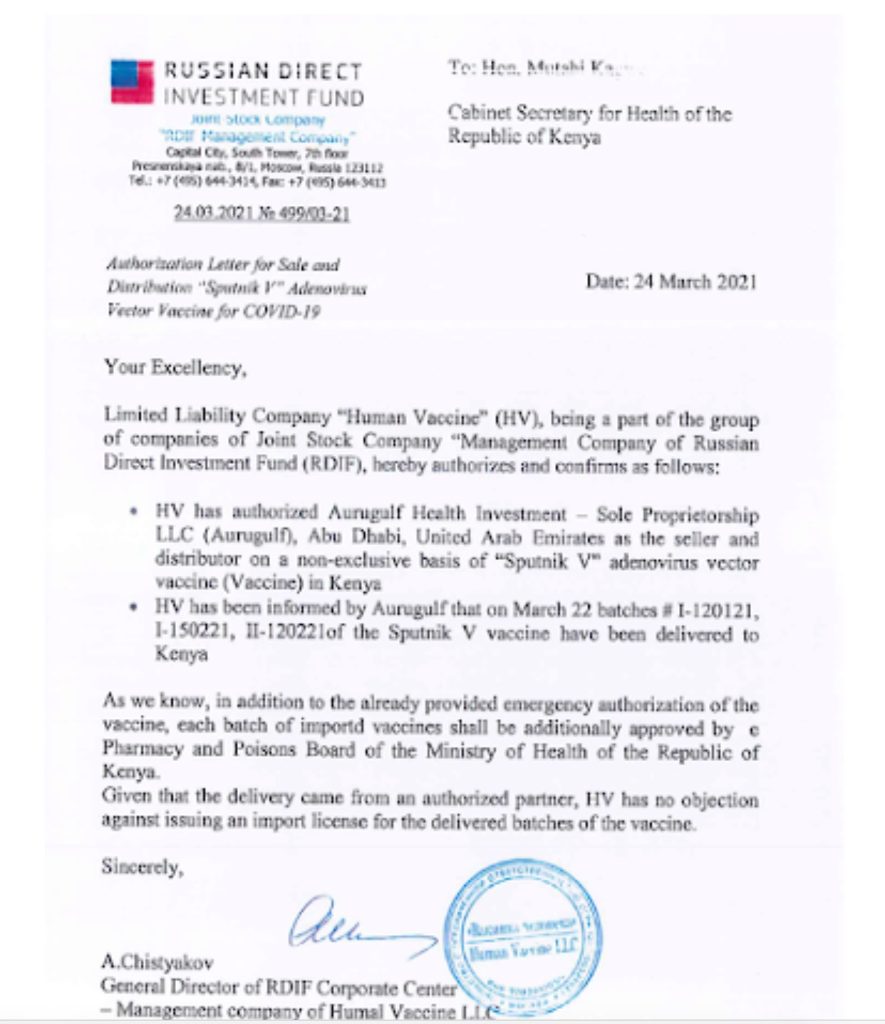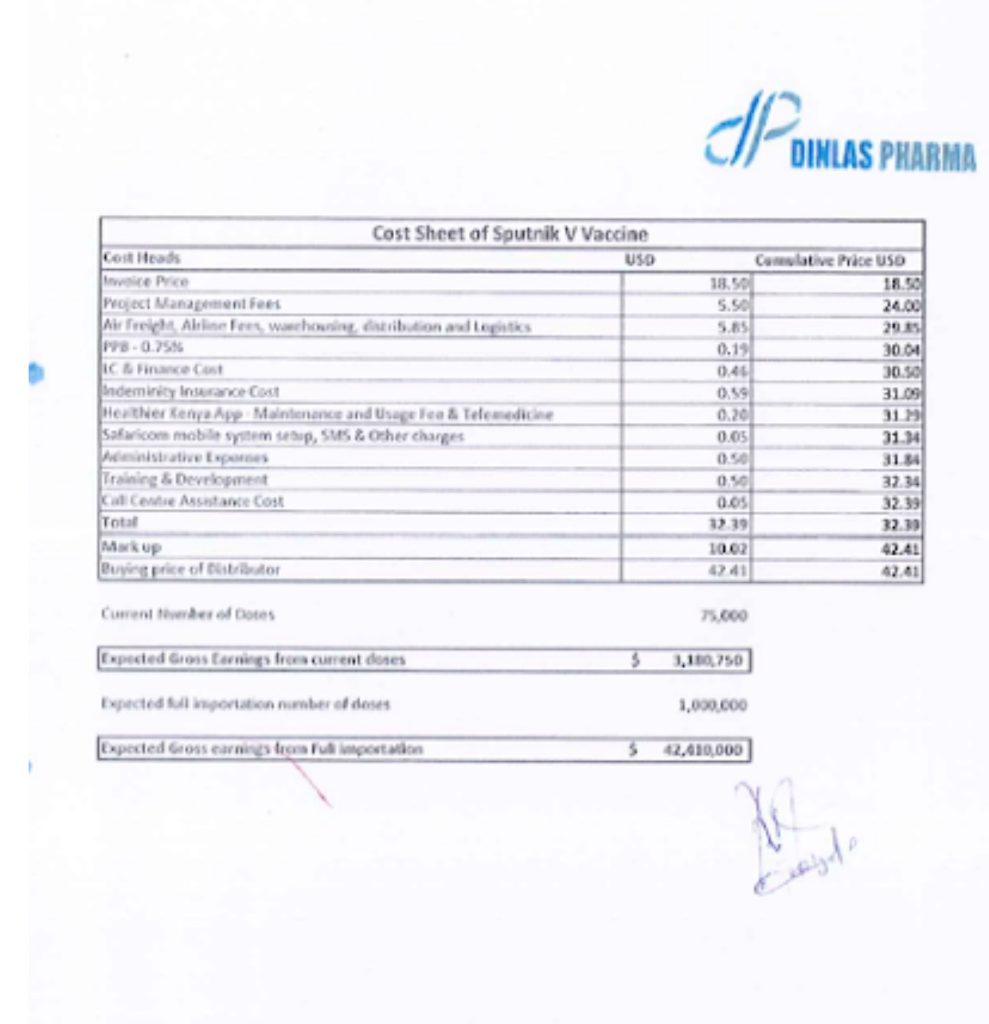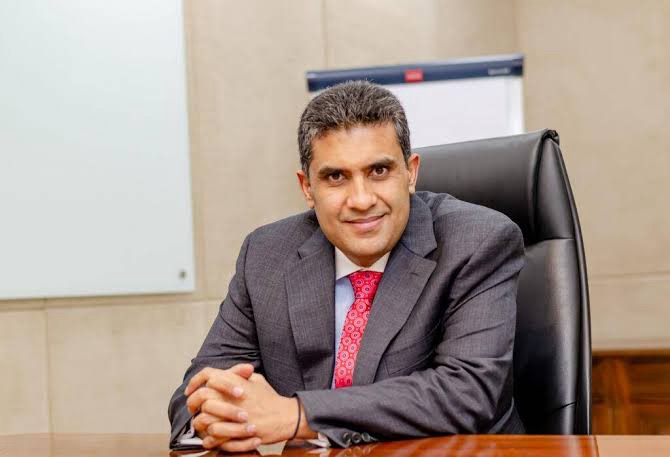Besides enjoying the trappings of power, Jayesh Saini, the man said to be pulling the strings in the controversial Adani deals is a reclusive but a suave entrepreneur with vast interests cutting across the healthcare industry.
A second-generation Kenyan, Jayesh is the founder of Bliss Healthcare. He started his career in the medical field with wise guidance from his father, a medical practitioner who started the Nairobi West Hospital.
Besides Bliss Healthcare, he owns Medicross Limited, comprising 10 outpatient centres equipped to offer comprehensive quality services and LifeCare Hospitals.
His name though was largely unknown to Kenyans until recently when he was discovered to be the man behind the controversial Adani deals.
In one of the sessions where Transport Cabinet Secretary Davis Chirchir appeared before Senate Committee probing planned JKIA 30 years lease takeover by Adani Airports Holdings Limited, Jayesh’s named featured prominently.
At one point, Kisii senator Richard Onyonka brought the matter up during a session of the Senate’s Roads and Transport Committee that it was not easy to get information about the Adani deal but he knew Jayesh was behind the Adani deal.
“Would I be right to say that Jayesh Saini is the Adani agent in Kenya?” Onyonka asked Chirchir.
According to Onyonka meetings had been done in Dubai where former Transport Cabinet Secretary Kipchumba Murkomen met Saini and money changed hands.
Chirchir denied any knowledge of the alleged meeting in Dubai.
On Thursday President William Ruto backed a decision by his government to accept private capital from Adani Group, which has sparked protests and irked the public because of the opacity of some of the deals.
“We would have gone to borrow that money and burden the people of Kenya, but this is now a private-sector investment. It is the same partnership that saw us have the Nairobi Expressway,” Ruto stated.
Apart from the Adani deal, Jayesh is also thought to be the person to that the Deputy President Rigathi Gachagua was referring to who is currently supplying all the medical equipment to hospitals at the expense of other businessmen.
“There is too much corruption, medical equipment that was being supplied by Kenyans to the Ministry of Health now has been given to one Asian,” said Gachagua last week.
Despite being a reclusive businessman, Jayesh’s operations in the country have also overtime been marred by praise and controversies in equal measure.
He was first thrust to the limelight in 2012 when the National Assembly Parliamentary Health Committee blew off the lid into the Sh4.2billion civil servants medical cover scheme by the National Hospital Insurance Fund (NHIF) infamously known as the Clinix scandal.
The then parliamentary Health Committee chaired by Dr. Robert Monda termed the offshore ownership of Clinix Healthcare Limited as an “Angloleasing-styled corruption scheme.”
This is after it emerged that NHIF paid Sh91.3 million to outlets that did not existent at the time the facility was awarded a contract under the NHIF civil servants medical scheme.
Monda said that the real face behind the healthcare enterprise was one Jayesh Saini, associated with Nairobi West Hospital.
During the then long running probe, records tabled before the House committee revealed that, at the time, Clinix had 71 clinics countrywide.
Forty nine of these clinic were opened after the healthcare firm had signed a contract with NHIF to provide outpatient services under the civil servants’ scheme. Some 28 new outlets were established between April and May 2, 2012.
Documents presented before the committee by the now folded hospital chain showed that Clinix Healthcare was owned 99 per cent by Antony Chako through Pharma Investment which is incorporated in the British Virgin Island, described by the team as “one of the world’s most notorious financial secrecy jurisdictions and tax havens”.
The remaining one per cent was held by Jiwan Dabral through Beneficial Ltd which is registered in Kenya.
Further, the committee concluded that the hospital chain lacked the human resource and technical capacity to provide healthcare services to the 56,747 principal members who chose the hospital chain as their preferred medical services provider under the state funded scheme for all public servants after a preliminary site visit to its Sameer and Daystar Athi River clinics.
“We know that Mr Jayesh Saini, of Clinix Healthcare and Nairobi West Hospital is the brainchild behind this new fraud being done under Clinix.” Monda, the then Health committee chairman observed.
“Information we have from the registrar of the Medical Practitioners and Dentists Board indicates you have seven doctors registered by the statutory body.” He added.
A list of funds disbursed to health facilities for the period between January and March under the capitation scheme shows Clinix Healthcare Eldoret ‘B’ as having received Sh4,075,830 yet the facility was licensed to begin operations on March 16. “Allocations were given to ghost clinics and this constitutes fraud.” Monda added.
Then Clinix CEO Zac Madana told members of the Health Committee that the firm received Sh202,161,137.50 from NHIF on March 13 as capitation for January to March, the first quarter.
“It costs an estimated Sh10 million to set up a clinic. It is not true that we are funding our expansion from the NHIF earnings.” Madana said while testifying before the probe team.
At the time, Madana told MPs the firm had invested more than Sh700 million in its 71 facilities countrywide and were awaiting clearance from the Medical Practitioners and Dentists Board to open 28 more branches.
“We have signed contracts with third party providers to offer healthcare services to our clients on our behalf in areas where we do not have operations.” The Clinix CEO noted.
The committee resolved that the scheme was meant to cover up the real owners of the major shareholding company in Clinix.
Clinix Healthcare Ltd was at the time also a listed approved health service provider under the Parliamentary Service Commission Medical Scheme.
In 2017, former NHIF boss Richard Kerich was acquitted by a Nairobi court alongside two former directors who had been charged with abuse of office and defrauding NHIF Sh96 million.
Milimani Senior Principal Magistrate, Martha Mutuku, ruled that the prosecution failed to prove the case against the three beyond reasonable doubt.
“There’s no evidence provided in court to show that NHIF lost money in the said contract between NHIF and Clinix,” said Mutuku.
In her judgment, the court noted that the prosecution did not tender evidence to show that the accused persons abused their offices while signing the said tender documents to ClinixHealthcare.
The court ruled that the accused had no role in awarding the tender.
Mr Saini was also involved, through his other firm, Dinlas Pharma in the importation of Russia’s Sputnik V vaccine into the country during the Covid 19 pandemic.
At the time the vaccine had not been approved by the World Health Organization (WHO).
Aurugulf Health Investments — a firm registered in the United Arab Emirates (UAE) and linked to Emirati royalty had at the time secured a contract Dinlas Pharma, another company owned by Saini to ship at least 1 million jabs to Kenya which were to be sold at a huge mark up.
In a complex scheme that is very similar to the Adani deals, Russia had awarded Aurugulf and minor Emirati royal Sheikh Ahmed Dalmook al-Maktoum exclusive resale rights for Sputnik V in at least five countries across three continents.
Maktoum and Aurugulf then resold the Russian vaccines to governments and private sector buyers at up to twice Russia’s official price, with payments from the deals flowing directly to Maktoum’s private office.
The Kenya deal would have seen Aurugulf make more than $8.5 million, minus transport and storage costs.
According to a pricing schedule, Dinlas paid $18.50 a dose for the vaccines — almost twice Russia’s factory price of $9.95 — and planned to sell them to clients in Kenya for $42 (Sh4200 at that time).

Dinlas had paid almost $80,000 in import taxes, a customs receipt shows, and taken out an insurance policy against adverse effects of the vaccine with a $37,000 premium.

There's no story that cannot be told. We cover the stories that others don't want to be told, we bring you all the news you need. If you have tips, exposes or any story you need to be told bluntly and all queries write to us [email protected] also find us on Telegram

